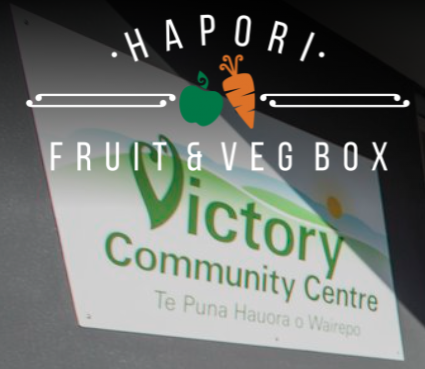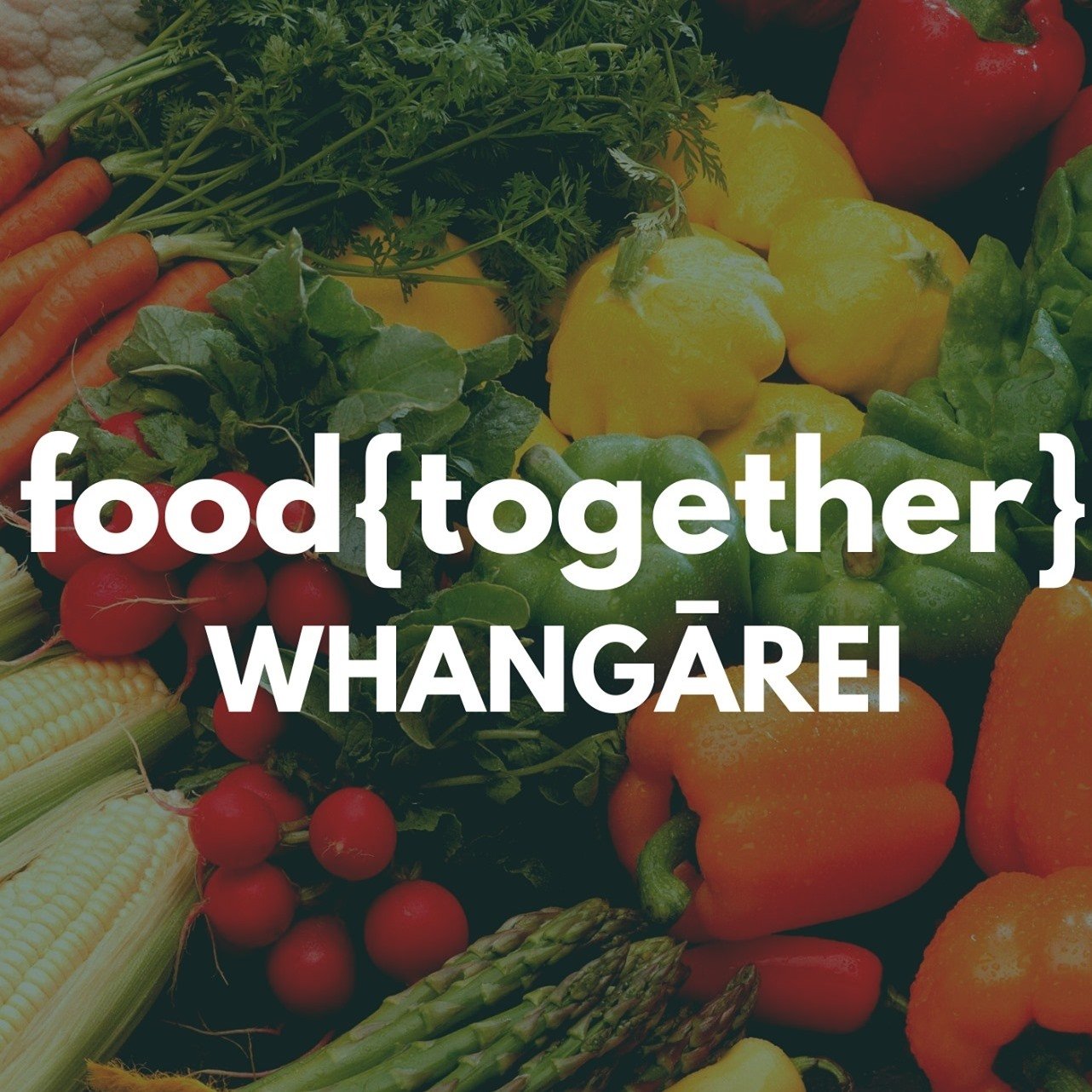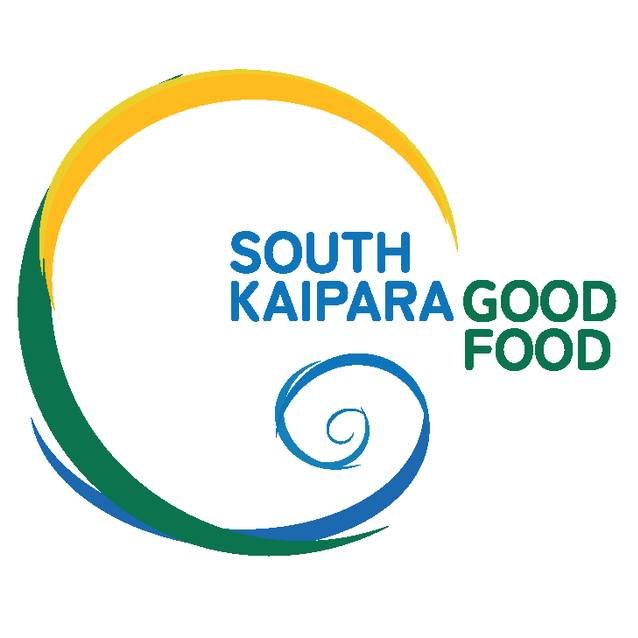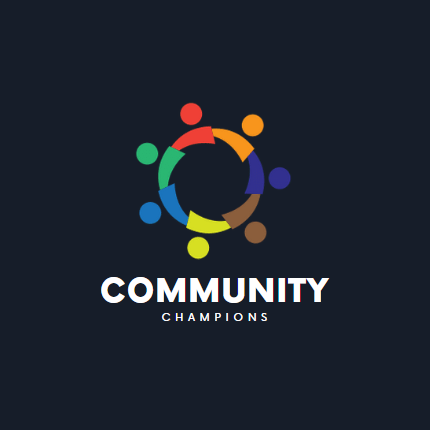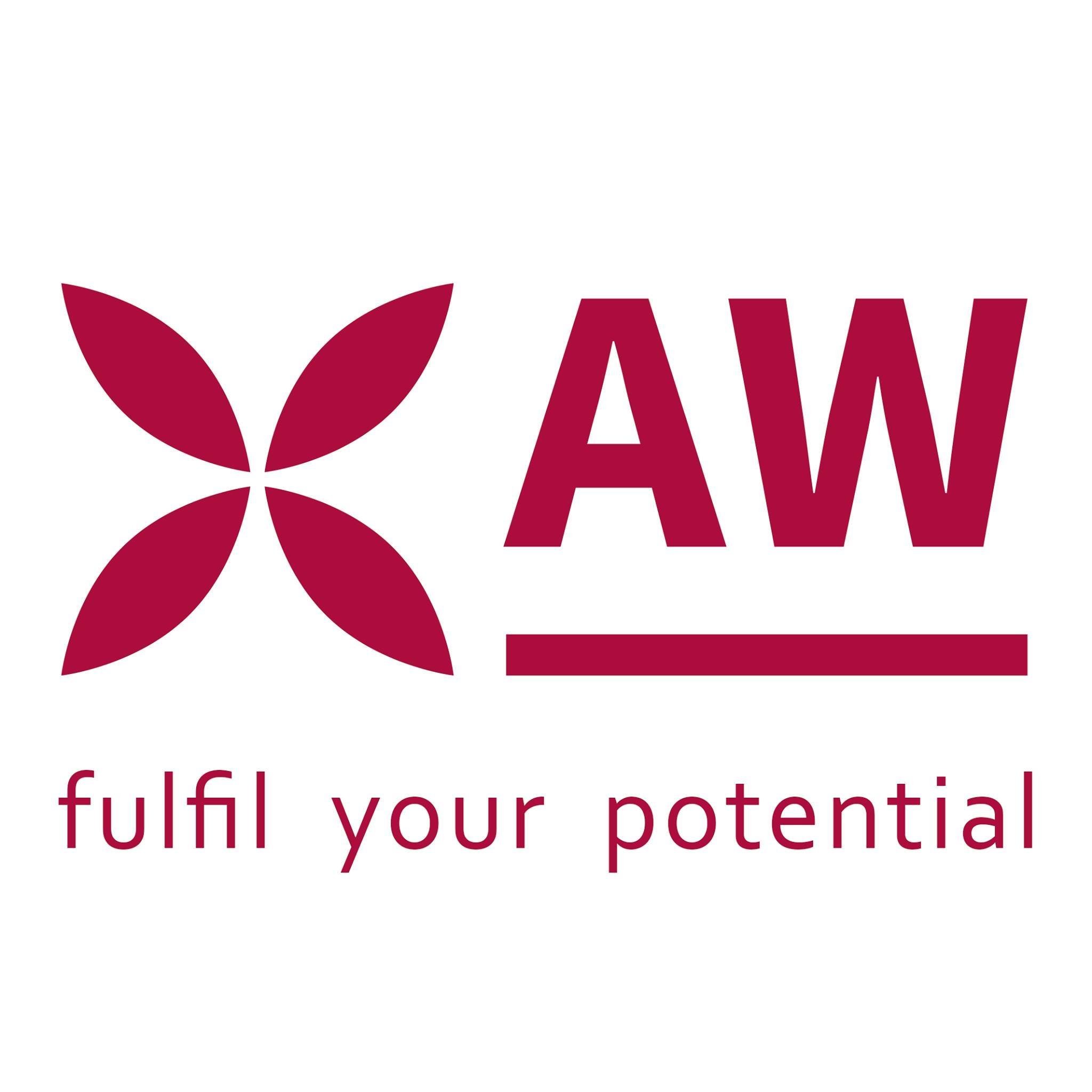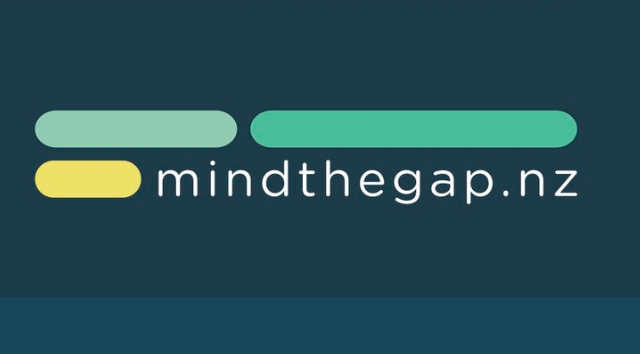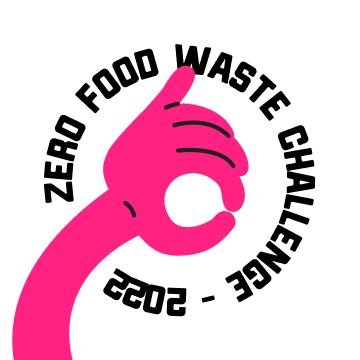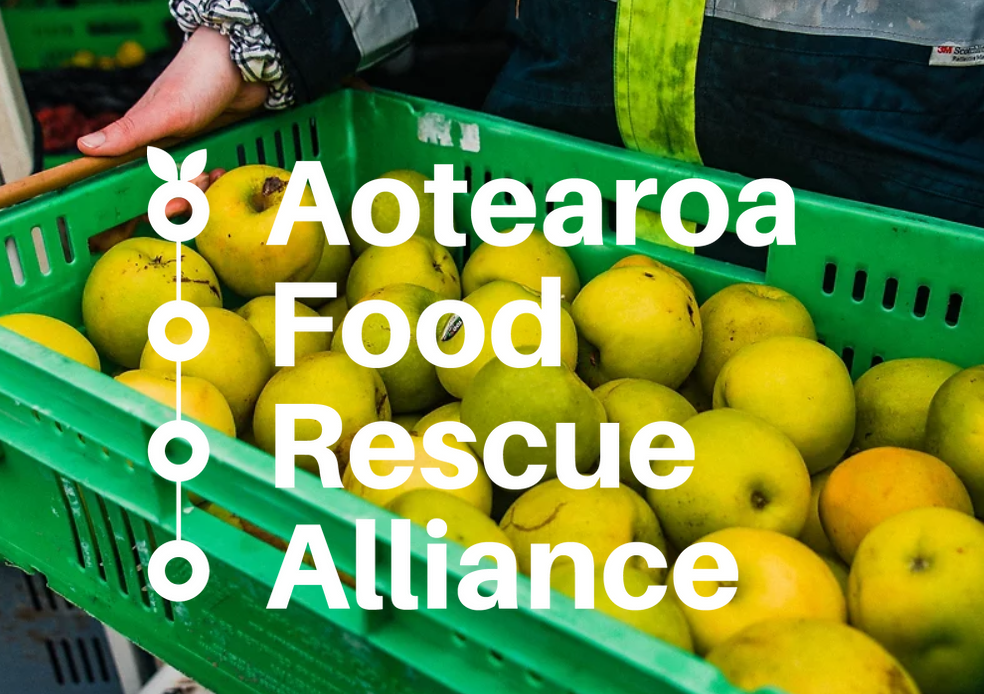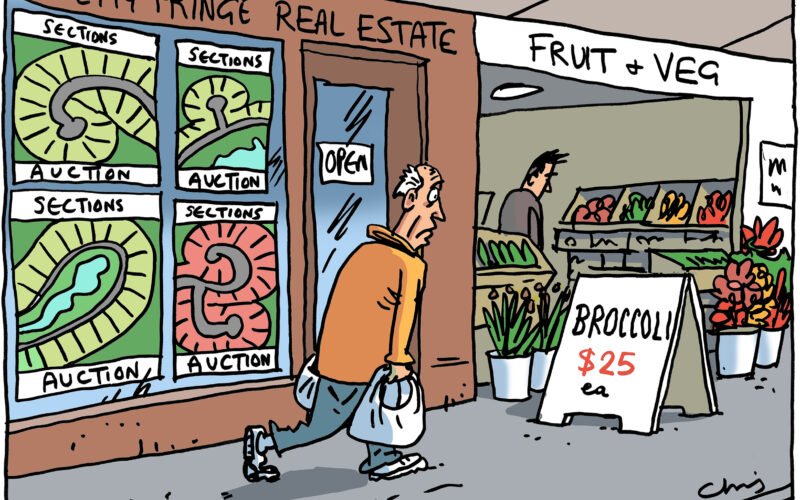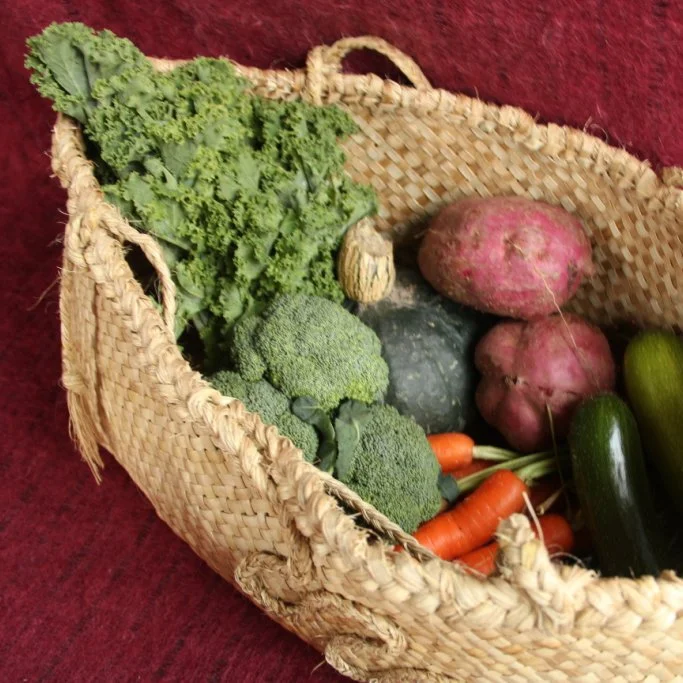Welcome to our October 2022 Pānui
Ma te Kotahitanga, e whai kaha ai tātau
In unity we have strength
Part of our mahi at Kore Hiakai is naming the current reality of what it means to be food insecure, giving witness to the incredible innovation and resilience of whānau doing it hard by amplifying their insights to those in power, as well as championing those working towards food secure solutions.
We do this because in Aotearoa we do not have a kai deficit. We, infact, have plenty of food that we produce, export and import, with Aotearoa being one of the few countries in the developed world where nearly half of our land area (about 45%) is dedicated to the production of kai (agriculture – including dairy, sheep and beef farming) and forestry. Meaning, food insecurity is not because of kai scarcity – rather, it is because of access and is a sympton of poverty.
While access can mean ‘physical’ restrictions, such as supermarket distance or lack of reliable transport, or social and/or cultural barriers due to language, or only having access to unfamiliar foods in local food outlets, food insecurity is most commonly economical. Food in Aotearoa is mostly treated as a commodity and not a basic human right.
The deeper challenge for us all is to address the inequalities and root causes of food insecurity so we can create a food secure Aotearoa, thriving in abundance for all. This in itself is part of a wider work of justice, and Kore Hiakai are just one network advocating for systemic change to reduce the impacts of poverty.
In our October Pānui we invite you to join us with a strong sense of unity through the struggles because in unity we have strength.
ka mākona 2022
As a way of continuing to shine a light and witness to the incredible innovation and resilience of whānau doing it hard, Kore Hiakai are privileged to release our 2022 edition of the Ka Mākona report, looking at income adequacy and the cost of living. We have seen some moves from government to increase incomes and make things more accessible. However even with these bold moves, the staggering rise in the cost of living has outstripped any gains made, while many of our whānau experience ongoing hardships. We hope to make a difference in this together, if we strive for livable incomes for all. Read our 2022 report here.
ongoing need for food parcels and the impact of MSD overpayment debt
As a follow up to our report on the ongoing need for food parcels for low income whānau (download report here), we have dug deeper into the impact of debt, and particularly MSD overpayment debt, on whānau. Having offered these insights to government in late August, we are now releasing this to our sector. Read the October report here.
msd child poverty report
MSDs October 2022 report on child poverty in Aotearoa shows a reduction in child poverty on average over the last decade. While on the surface this is heartening to see the impacts made in recent times by government, there is a deeper story within and beyond this data.
Hidden in the detail is evidence showing that for children in South Auckland, for Māori and Pasifika children, and children in sole parent households, their experience of material hardship has remained unchanged or worsened. This also applies to some children in two-parent households where both parents work fulltime but there is not sufficient income to prevent material hardship.
Poignantly, the report excludes those experiencing homelessness and living in emergency housing (often those experiencing the worst hardship). Rangatahi under 25 remain invisible in terms of statistical measurement and government assistance because of their transient existence as well – yet all their stories are integral threads in our collective despite not being represented in this ‘improvement in child poverty’. While there are things to be grateful for in this report, there is still much work to be done.
The Child Poverty Action Group (CPAG) has also reviewed the report welcoming the findings. They also suggest the report paints a different picture for sole parents, Māori and Pasifika children, stating “many are at risk of being locked into poverty for most of their childhood…” Read more here.
australian october foodbank report
Released this month, data from across the Tasman in the latest Foodbank Hunger Report 2022. “Foodbank is the definitive source of information on food insecurity and food relief services in Australia. Foodbank conducts a number of surveys annually including individuals experiencing food insecurity, charities providing food relief, and organisations donating food and groceries. Foodbank also maintains comprehensive statistics on operations including detailed data on the food and groceries we collect and distribute.” Read full October report here.
onboard the afpm
We are excited to continue building the next advocacy phase of the Aotearoa Food Parcel Measure (AFPM) through data collection and analysis, as we welcome foodbanks and community food groups across Aotearoa to join in this movement.
Many of you already gather data for your MSD Food Secure Communities funding accountability and we are asking you to provide Kore Hiakai with this monthly data too. Check out the dashboard we developed here.
By formally onboarding with Kore Hiakai, and counting your food parcels against the measure, you can help accurately determine the volume of food needed to support our communities by way of food parcel distribution, and share valuable insights for further advocacy. Join us by contacting tammie.korehiakai@nzccss.org.nz for more info or onboarding support.
Community Champions
Much of what and whom we champion all year round are those who collaborate and come together to honour, respect and uphold food security for all.
We acknowledge the many organisations, thoughtful leaders and community initiatives that strive for a fairer society where everyone has ongoing dignified access to enough good kai. We’d like to take this moment to salute some specific groups doing sensational mahi around the motu because in unity there is strength:
Affirming Works. For the recent launch of the Affirming Works food truck, unveiled by Lord Fakafanua, and for supporting the South Auckland community through a range of projects including social enterprise, operating cafes, their food bank, community gardens, growing seedlings, supporting families to grow their own gardens and other community outreach programs. Awesome work reaching far into their community! Thank you.
Mind the Gap. We tautoko their powerful message last week calling on government to legislate mandatory reporting of gender and ethnic pay gaps, delivering an 8K-strong petition of supportive signatures to Parliament. With a compelling message of how much less women earn to every $1 earned by Pākehā men, they have called for businesses to address the discrimination in their payrolls and hiring processes. Inspiring and important advocacy! Thank you.
Zero Food Waste Challenge. Big acknowledgement to Veronica Shale for championing and encouraging us all into the Zero Food Waste Challenge at the end of last month. Linked to World Food Day this month - an international day celebrated globally on the 16th of October annually, we deeply appreciate her social environmental enterprise, sparking conversation and change with hope! Thank you.
Aotearoa Food Rescue Alliance (AFRA). We continue to see their invaluable mahi, motivated to divert food waste from landfills and onto people’s plates. Their organisation collects, stores and distributes thousands of tonnes of good, nutritious kai and we are super grateful for them helping to shape conversations that feed our conscious and communities! Thank you.
Hapori Fruit & Veg Box. One of many amazing fruit and vegetable co-ops across Aotearoa who are providing fresh seasonal produce each week to their local communities. Resourcing local to feed local and we love it! Thank you.
Taimahi Trust & Foodtogether - Fresh Produce Store. Taimahi creates micro enterprises that create meaningful work for young adults with disabilities. Their latest is a partnership with Foodtogether, extending on the co-op model by opening a fresh produce store in Whangārei. Incredible mahi involving a diverse spectrum of people in our communities! Thank you.
The Village Garden Project. A collaborative project championing the roll and place of community gardens, through gathering the voices of those involved in community gardens and developing insightful research which shows the many impacts community gardens have on people and place. Amazing and relevant contributions! Thank you.
South Kaipara Good Food. Massive mihi and congratulations to Gemma Donaldson and her whānau kaimahi for the recent recognition of their mahi at the North West Business Awards, representing strong for their community. Conceded for empowering communities through Kai Grow, Kai Assist and Kai Learn, their organisation left with no less than four awards in the following categories:
Not for profit/ Social Enterprise
Best New Business
Environmental Excellence; and
The highly prized Supreme Award
Tremendous effort and acknowledgment for all you do! Thank you.
pasifika talanoa on food security
We are gathering a few Pasifika community food organisations from across Tāmaki Makaurau on Tuesday 1 November, from 12midday to 2.30pm (venue to be confirmed), to begin a conversation about ‘What does Pacific Food Security look like beyond food parcels?’ If you would like to be part of this talanoa please get in touch with our Kaihononga in Tāmaki Makaurau, Tony Fuemana – tony.korehiakai@nzccss.org.nzz.
sustainable development goals
sdg #2 zero hunger
This month: world food day – leave no one behind
World Food Day was celebrated around the world this week on the 16th of October – the date that the Food and Agriculture Organization of the United Nations (FOA) was founded in 1945. World Food Day specifically aims to promote healthy diets and eradicate hunger issues by 2030. Meaning, now more than ever public, private and a range of intersectional stakeholders must realign strategies and operations to support human well-being, social equity, and act towards achieving sustainable development goals (SDGs).
Follow this link to learn more, or check out this piece on SDG #2 Zero Hunger.
webinar - sustaining he tangata
“The University of Waikato, Waikato Tainui, Waikato Wellbeing Project and Te Pūkenga welcome you to join them as they come together to commence the 4th Aotearoa New Zealand Sustainable Development Goals Summit Series for 2022 - 2023. The theme for the 4th SDG Summit is: Māori, Indigenous and flax root community perspectives.”
The series commences with three online webinars, with the next being held on 27 October. Webinar Two - 'Sustaining He Tangata', 6.00pm - 7.30pm. More info here.
think links
This month: protecting land for food production – broccoli matters too!
Illustration by Chris Slane.
Last month the Government released the ‘National Policy Statement for Highly Productive Land (NPS-HPL). This ensures the on-going availability of Aotearoa New Zealand’s most productive land for food and fibre production – for now and future generations. It provides guidance to councils on how to identify, map and then manage highly productive lands, which will need to be done over the next three years. It requires actively involving tangata whenua in doing so. Details can be found on MPIs website here.
We loved the cartoon in Farmers Weekly by Chris Slane and agreed with the sentiment of editor Bryan Gibson that “Every decision we make is linked. Delivering the life New Zealanders want at a price they can afford calls for integrated thinking that allows us to build thriving communities with access to quality housing, infrastructure, and food.”
dig deeper
This month: potato planting
Potato planting is usually between September to December in Aotearoa, with the maramataka and full moon phase being the best time to plant root crops (about this time of the year is optimal, mid-October, or perhaps you could do yours this coming Labour Day on the 24th). Check out these organic edible gardening tips, or have a look at this Tui Potato Growing Guide.
Meanwhile, BIG mihi to Whenua Warriors for being nomiated as ‘2022 Gardener of the Year’! “Earlier this year, NZ Gardener once again launched its annual search for green-fingered good sorts – individuals or groups who have used their gardening skills to help other people. Nominations for the 2022 Ryman Healthcare Gardener of the Year poured in from across the country, and finalists are featured in the October issue of the magazine.” Have a read of this article or vote here.
learning from your community’s mahi on food security
Have you been involved with mahi in your community looking at how you might achieve food security? Or kai sovereignty? Or food resilience? Or sustainable food systems? Do you have a written plan, strategy or web-page (or anything really!) about how you hope to achieve this? Kore Hiakai is doing some work on how we achieve a Food Secure Aotearoa and is wanting to gather and review these kinds of documents, with an intent to share this collective wisdom.
Please send your documents to or contact Sonya Cameron on sonya.korehiakai@nzccss.org.nz to share what your community has been doing.
As we move into the last quarter of the calendar year, Kore Hiakai moves into a phase of change as we look at our structure and how we might strengthen our collective. In the next few months we may seek your wisdom, input and guidance on how we maneuver into the next phase of our mahi – with you – so that our collective may be stronger. It is in the realisation of passionate virtues – our diverse skills, strengths and perspectives, that together we can reimagine and build the future we long for. One where all can thrive, and where all in Aotearoa are food secure.
Ma te wa.
Kore Hiakai Kaimahi









